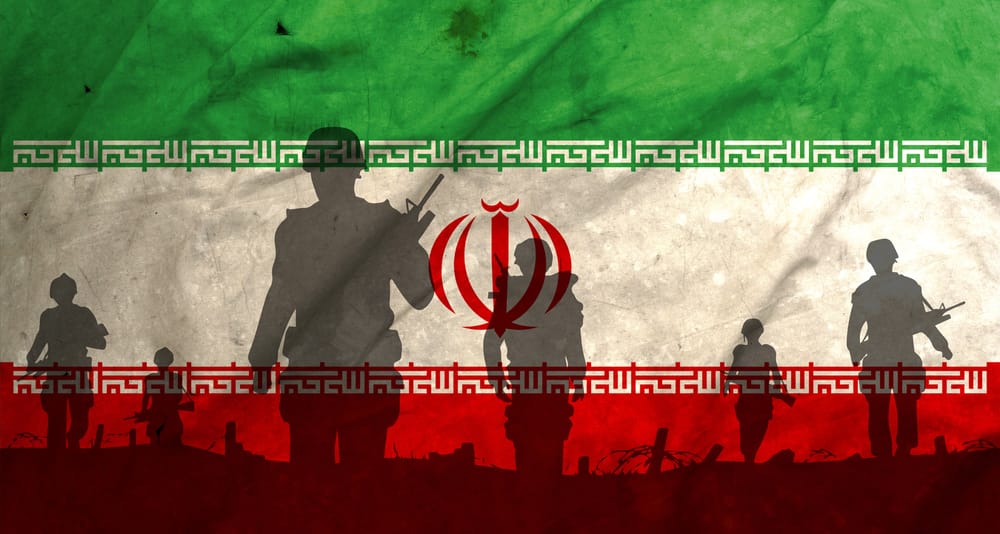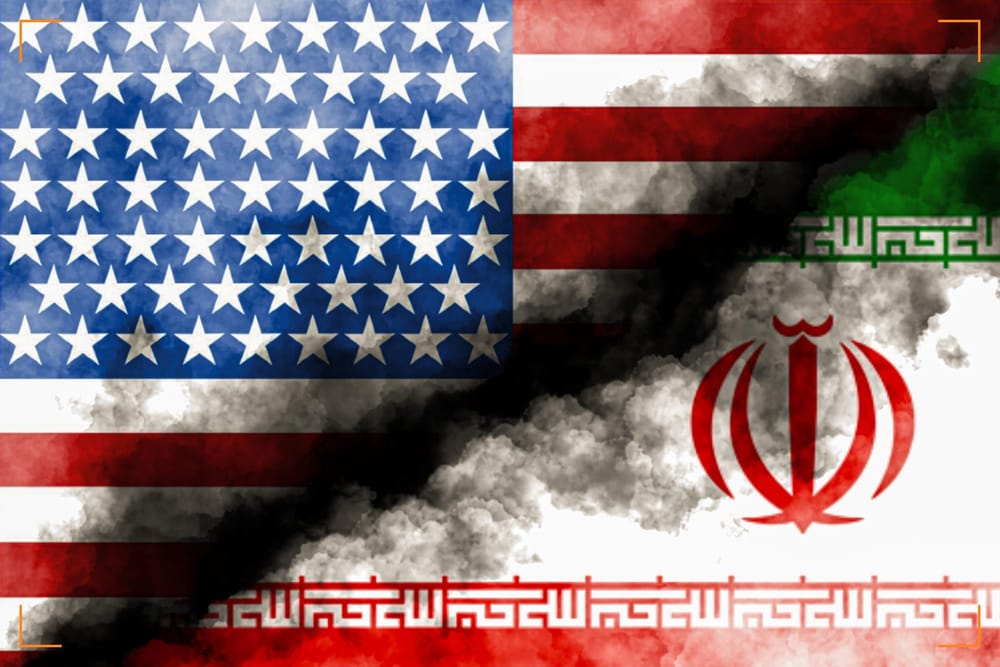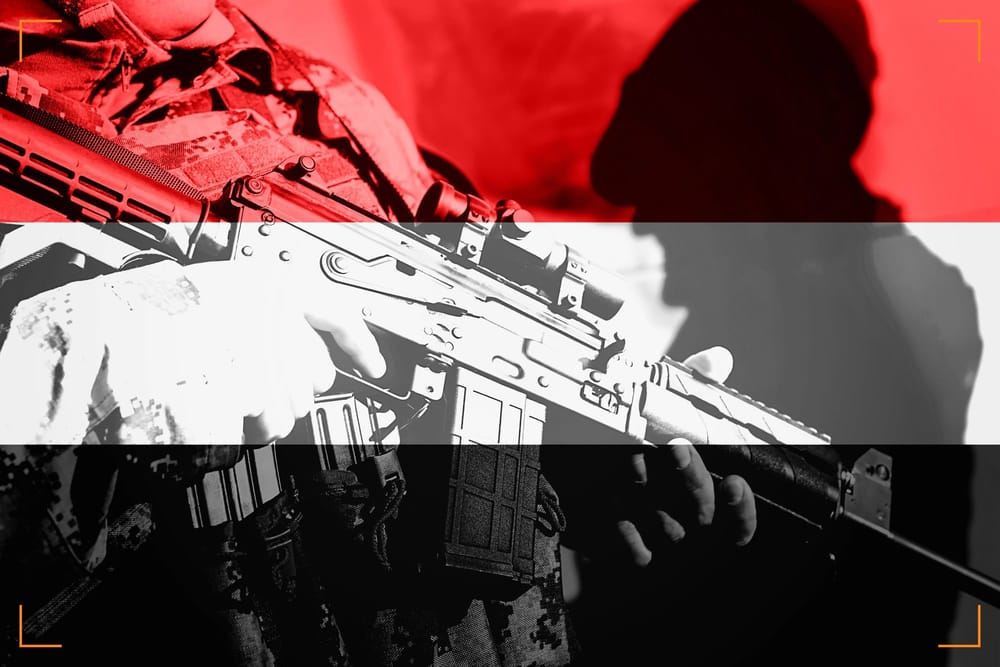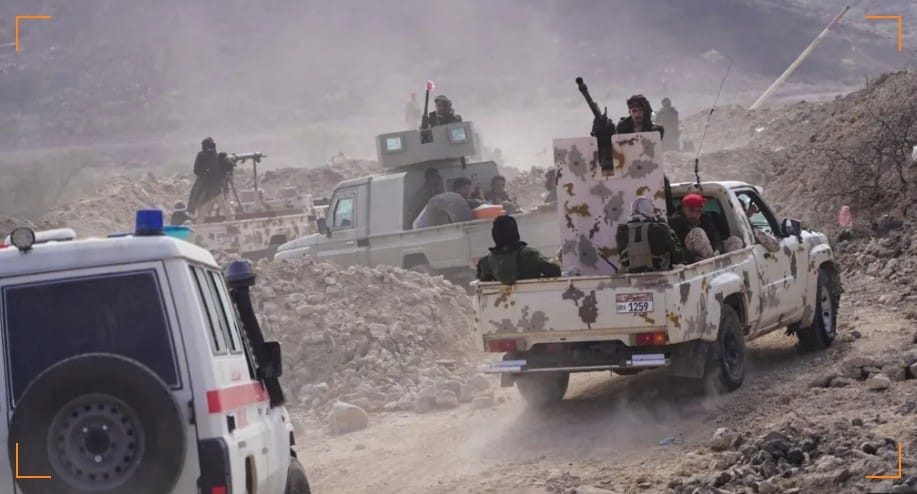
Report Details
Initial Publish Date
Last Updated: 31 DEC 2024
Report Focus Location: MENA
Authors: CM, SO
Contributors: GSAT
GSAT Lead: MF
RileySENTINEL provides timely intelligence and in-depth analysis for complex environments. Our global team blends international reach with local expertise, offering unique insights to navigate challenging operations. For custom insights or urgent consultations, contact us here.
Report Summary
This report examines the current geopolitical and security environment in the MENA region. In the Gulf, the UAE's introduction of mandatory genetic testing for Emirati couples marks a progressive step in public health policy, while Qatar’s warning to suspend gas exports to the EU underscores the interconnectedness of energy and international diplomacy. Egypt’s strategic advancements, including the testing of a new Suez Canal channel to mitigate revenue losses, highlight the ongoing resilience and adaptability of regional economies amidst external disruptions.
Across the Levant, Lebanon faces intensified pressure, balancing diplomatic overtures to Syria’s new administration with internal crackdowns on illegal migration. Meanwhile, Syria’s new government signals a potential shift towards regional integration, as calls for elections and constitutional reforms emerge in the post-Assad era. Israel’s enhanced visa requirements for travelers and continued airstrikes in Gaza indicate rising security measures amidst unresolved ceasefire negotiations.
In North Africa, Libya’s decision to lift fuel subsidies and integrate foreign investment revenue signals a recalibration of economic priorities, while Tunisia contends with mounting political dissent. Concurrently, Saudi Arabia’s environmental challenges, including encroaching desertification in the Al Ahsa oasis, underscore the broader regional need for sustainable development strategies.
The report also highlights escalating conflicts, such as the Houthi-Israeli tensions in Yemen, further demonstrating the ripple effects of localized disputes on broader regional stability. Meanwhile, Iraq’s efforts to curtail gas flaring and reposition Iranian-backed militias reflect a strategic recalibration of energy and security policies.
Amid these developments, the MENA region continues to navigate intersecting crises, presenting opportunities and challenges for governments, businesses, and international actors operating within these complex landscapes.
Remaining content is for members on Charter Member only.
Please subscribe to Charter Member and unlock this article and more content.
Subscribe Now





